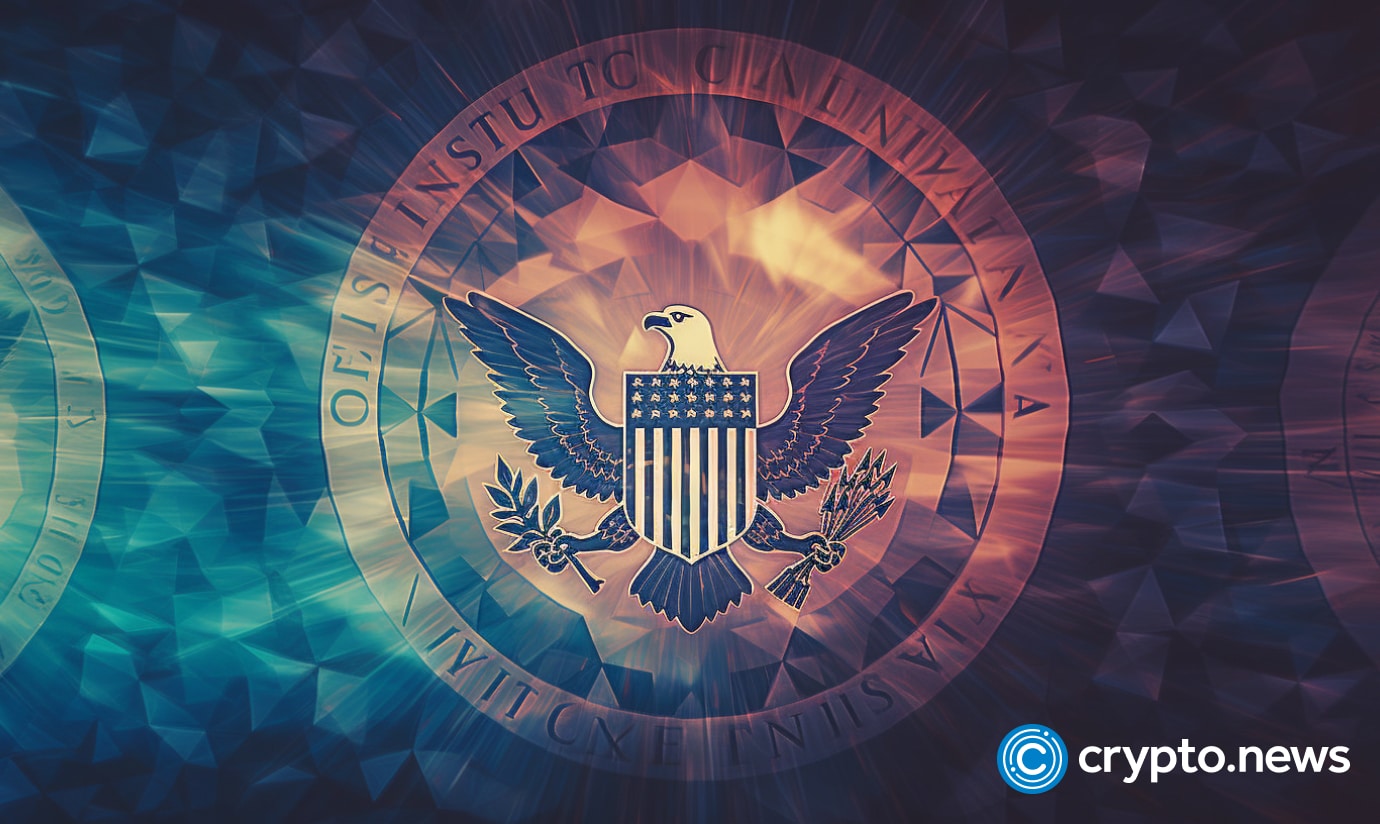U.S. Treasury to expand sanctions powers for digital assets

The Biden administration is urging Congress to consider the most significant updates to the Treasury’s sanctions authority since 2001.
This move aims to better regulate the use of digital assets for financial transactions in regions impacted by terrorism.
According to Bloomberg, U.S. foreign trade representative Wally Adeyemo said it was necessary to introduce a “secondary sanctions regime.” Such sanctions control a company or person within the U.S. financial system because it “also puts at risk any firm that continues to do business with a sanctioned target,” he said.
The Treasury “provided Congress a set of common-sense recommendations to expand our authorities and broaden our tools and resources to go after illicit actors in the digital asset space,” Adeyemo added.
Over the past few months, U.S. authorities have stepped up oversight of the cryptocurrency industry and are demanding stronger measures to combat the use of cryptocurrency by terrorists.
Last month, U.S. Sen. Cynthia Lummis and Rep. French Hill sent a letter to the Justice Department asking it to “carefully evaluate the extent to which Binance and Tether provide material assistance and resources to support terrorism.”
U.S. senators led by Elizabeth Warren also believe that cryptocurrencies remain one of the tools that groups use to raise funds. They asked the administration to provide information on a plan to prevent the use of cryptocurrencies to finance terrorism.
However, analysts at Chainalysis questioned the data from a number of reports on the use of cryptocurrency to finance terrorism. In their opinion, these figures may be greatly exaggerated. According to the company’s estimates, only $450,000 of the $82 million previously announced in the media can be clearly attributed to funds aimed at financing terrorist activities.

















